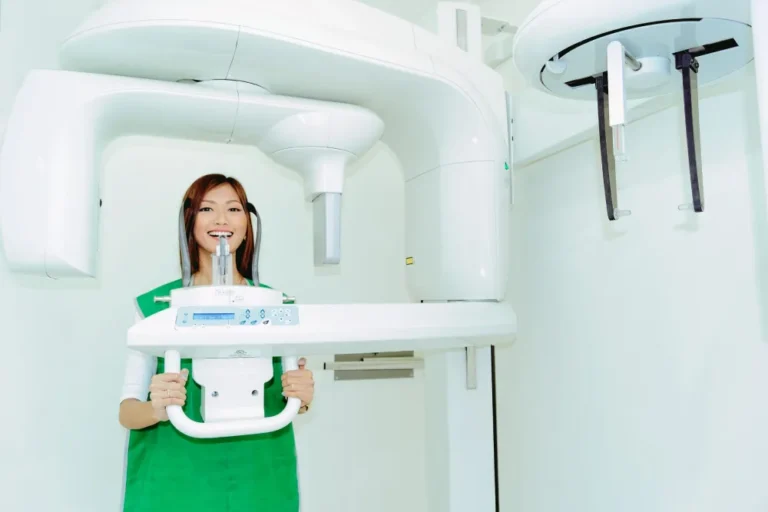Our Location
Call Us
Send a Mail
Working hours
9-6 PM Monday to Saturday
9-6 PM Monday to Saturday
Maintaining good oral health is very important. Besides good oral hygiene, regular check ups and prevention are the best possible way to maintain healthy teeth and gums. Scheduling regular dental check ups to have your teeth checked and professionally cleaned can make a significant difference in your oral health. A lot of people will only visit a dentist when their oral conditions have deteriorated, or any time they are in need of an emergency treatment. During such times, patient is forced to spend huge sums of money on extensive and expensive treatments that could have been easily prevented with a regular dental visit.
Discovering problems early on will save a lot of bother in the long term, it might save your tooth from an extraction or root canal therapy. Neglecting dental visits can put you at higher risk of gingivitis and other periodontal diseases that may lead to tooth loss and other severe dental problems. Plaque and tartar accumulation on teeth surfaces will increase the chance of developing tooth decay and gum disease. Regular prophylaxis and dental check ups will help to remove these risks factors and help you maintain your oral health in good condition.
Good dental care can also contribute to overall health. Many systemic diseases can be visible in your mouth. Regular dental visits can reveal the first signs of diseases before you even know about them. A dental examination can reveal signs and simtoms of vitamin and iron deficiencies, osteoporosis, or more serious conditions such as diabetes, cancer, HIV and many other systemic conditions. Patients with diabetes have a higher risk of developing severe gum problems than people without diabetes. Regular dental chck ups can help to lower their risk of gingivitis.





It is significant to visit your dentist at least once, but ideally twice a year to get your teeth checked. Every dental check up have twoo parts, check up, or examination and the cleaning, or oral prophylaxis. During the dental examination, your dental professional will check your overall oral health for any sings of ill health. At the dental check up your dentist will first check for dental caries with a metal probe and a small angled mirror (picture 1.), which will help him see behind and between teeth and gums, as well as check for the softening of tooth enamel and dentin. X-rays might be taken to detect cavities between your teeth.
X-rays can also detect early phase of gum recession and bone loss in periodontal disease. Your dentist should then carry out a full dental examination of the soft tissue lining of your mouth and gums. If there are any signs of dental problems, your dentist will give you the advice about changes you could make to your habits (such as stopping smoking or changing your diet).
If these habits could lead to problems in the future, he or she will explain what you might be at risk of, as well as the associated treatments. In this visit your dentist will also give you oral care tips about importance of proper oral hygiene, regular flossing and importance of a healthy diet. This check up will include and a check for plaque and tartar on your teeth. Plaque is a clear, sticky layer of bacteria. If it is not removed, it can harden and become tartar.
You cannot remove tartar with brushing and flossing. If plaque and tartar build up on your teeth, they can cause oral diseases. Your dentist will also be on the lookout for the swelling and redness of gums in any areas. Finally, dentist will measure your gums periodontal pockets. Periodontal pockets are the spaces between the top of the gum line and where the gum tissues firmly attaches to the tooth. In ideally casses, this pocket should only be between one to three millimeters deep. Deeper pockets can be a sign of periodontal disease and this should be closely monitored.
In addition to checking your mouth, gums, your dentist will also do an extraoral examination. He will check your neck, jaw, and lymph nodes, located just below your jawline, for any swelling, lumps, or other abnormalities. Swollen lymph nodes are an area that do not necessarily hurt or seem out of the ordinary but when discovered properly by a professional could be a sign of some kinds of cancer or other diseases that need immediate attention. Your dentist will also check your jaw bones from outside of your mouth while you bite down to ensure that your bite is smooth, aligned, and there is no clicking or popping from your jaw joints.
After intraoral and extraoral examination, your teeth thoroughly cleaned by dentist or dental hygienist. During the cleaning, your dental professional will use special tools to remove tartar and paque. This is called scaling and polishing. During the scaling process, dental instruments are used to remove tartar, plaque, and stains from the teeth surface. Polishing will leave tooth surface nicely smooth which will prevent plaque renewal.
With regular check ups and professionally cleaning your teeth and gums will stay healthy and you will maintain good overall health. With regular visits abnormalities that may otherwise go unnoticed and could be a sign of larger health issues, can be discovered in early phase when the treatment is most effective. By geting your dental cleanings and checkups you’re doing yourself a great favour in the long run.

